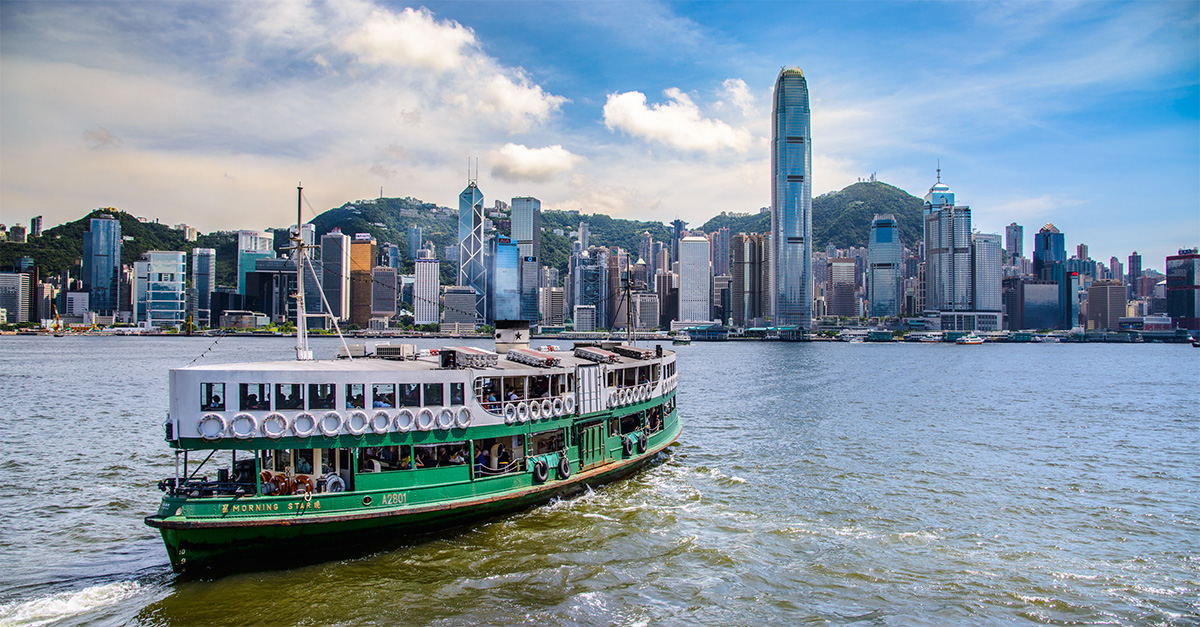As part of a feature on the outlook for the industry, Ian Taylor looks at indicators of how travel is coping in the current economic crisis
UNWTO Tourism Barometer
The United Nations World Tourism Organization paints a deteriorating picture while forecasting global growth in travel between zero and 2% in 2009.
The UNWTO World Tourism Barometer reports: “International tourism demand cooled significantly over May to August and tourism results have rapidly deteriorated. Business retrenchment will be quickly felt in consumer markets.
“Air travel will be adversely affected. Sharp fluctuations in exchange rates are likely to result in a change in travel patterns. Business tourism is at risk of slowing down.”
However, it predicts a rapid recovery as soon as the economic outlook improves.
Other forecasts are less rosy. The World Travel and Tourism Council predicts a 1% contraction in world tourist traffic in 2009, after in August predicting a 2% rise in traffic next year.
The WTTC suggests growth will return in 2010, but numbers will only increase by 1% – meaning a return to where we are now. In Europe the WTTC foresees a 2% decline in travel numbers in 2009.
German travel forecast group IPK International also forecasts a 1% contraction in the industry next year and suggests “the crisis” will last 12-18 months.
Hotel bookings
Business advisory firm Deloitte reports falling hotel bookings and revenue across Europe, with one of the sharpest declines in London.
Average revenue per available room over the year to September was down 1.5% to €76, while occupancy fell 1.9%. However, the September revPAR figure was down 6.7% across Europe.
London’s hotels suffered a 7.9% fall. By comparison, Paris – probably London’s greatest rival – saw a 5.6% rise in revPAR in the same period. However, the recent drop in the value of sterling will make London cheaper for visitors from the US, Japan and the eurozone.
Hotel investment is down 75% this year compared with 2007 and Deloitte warns 114,000 jobs in UK tourism are at risk.
Deloitte managing partner of tourism, hospitality and leisure Alex Kyriakidis said: “Hoteliers face disappearing consumer confidence, a squeeze on credit and a tightening of business spending.”
A report by PricewaterhouseCoopers predicts London hotel income will fall by almost one quarter next year. It forecasts an 8.7% decline in occupancy and a drop of more than 23% in revPAR in the capital.
Air traffic
Passenger numbers at BAA airports fell 6% year on year in October following a 5% decline in September.
Traffic was down 3.7% at Heathrow, 10.3% at Gatwick and 6.3% at Stansted – suggesting traditional scheduled carriers, low-cost airlines and charters are all suffering. BAA’s three Scottish airports saw 6.1% fewer passengers.
Traffic across the North Atlantic was down 7.1%, despite the open-skies regime between Europe and the US. European traffic was down 15.7% for charters and 5.1% for scheduled airlines. Domestic traffic was down 6.3%. BAA traffic volumes have now fallen for seven months. But airports elsewhere in Europe are also seeing fewer passengers. Frankfurt airport reported a 4.9% year-on-year decrease in October.
British Airways reported a 9.2% fall in premium traffic on a year ago in October and a 3.3% fall in economy, following declines of 8.6% in premium and 4.1% in economy in September. BA chief executive Willie Walsh described the period as “one of the bleakest on record”.
Despite predictions of continued growth in emerging markets, the Association of Asia-Pacific Airlines reported: “Passenger demand has fallen dramatically, with expectations of a further deterioration in the first half of 2009.”
Middle East carriers are not immune – September passenger traffic in the region was down 2.8% year on year.
IATA director-general Giovanni Bisignani says: “Even the good news that the oil price has fallen is not enough to offset the drop in demand.”




